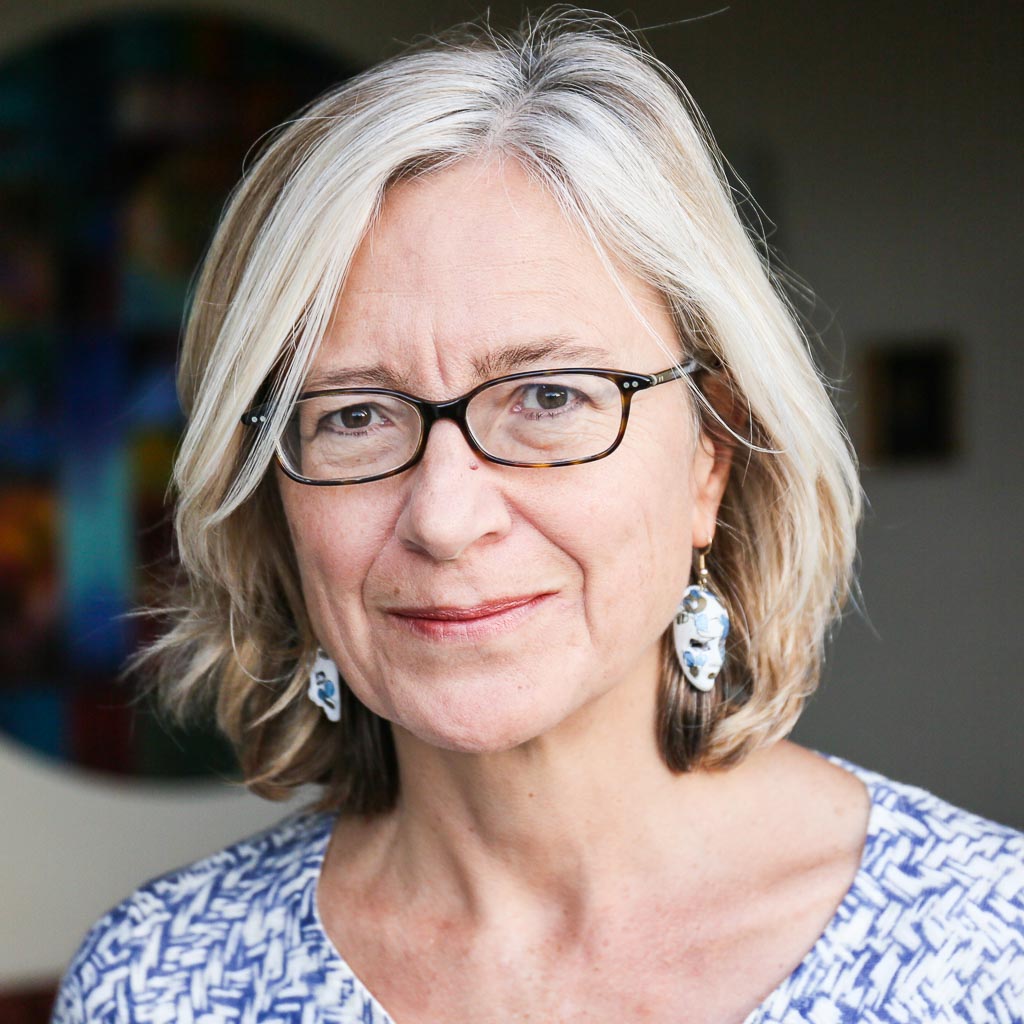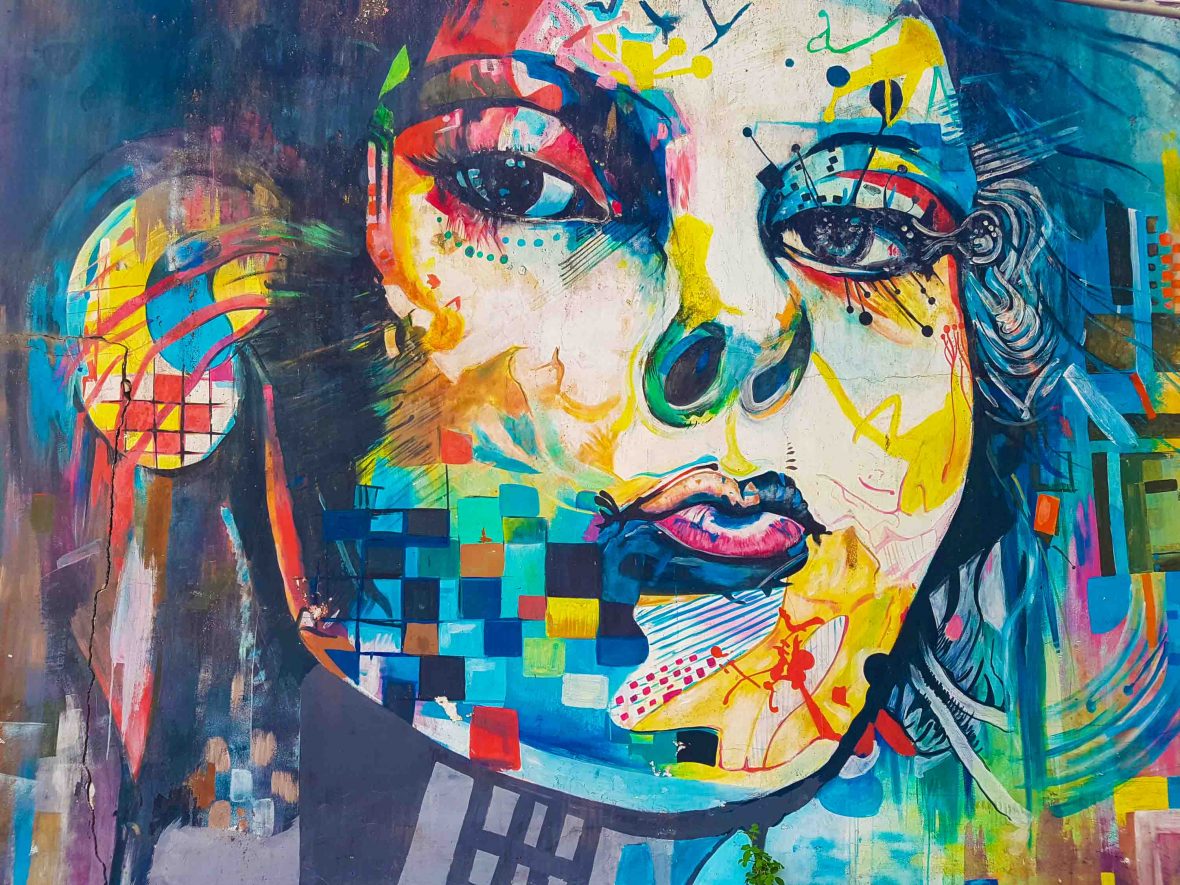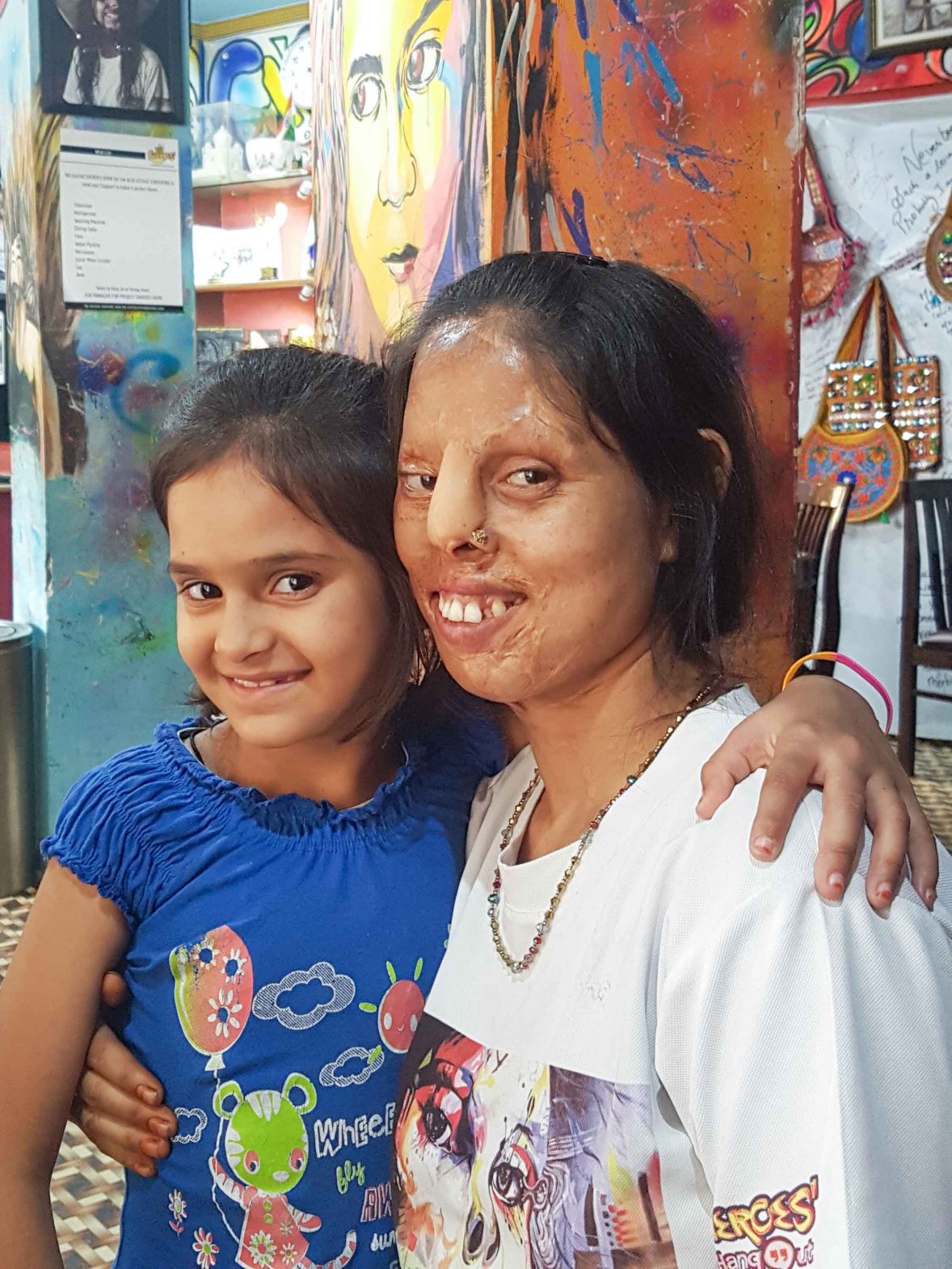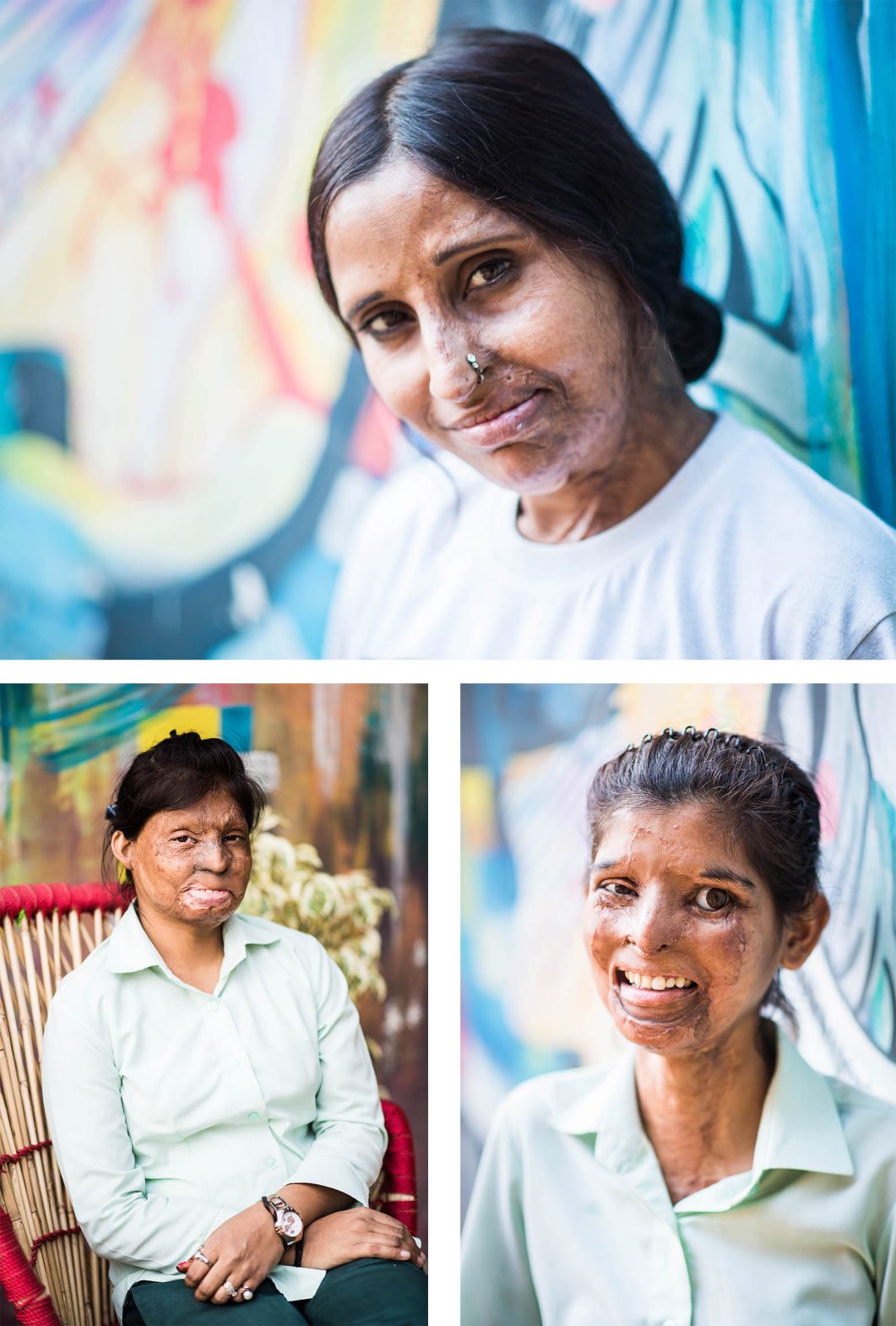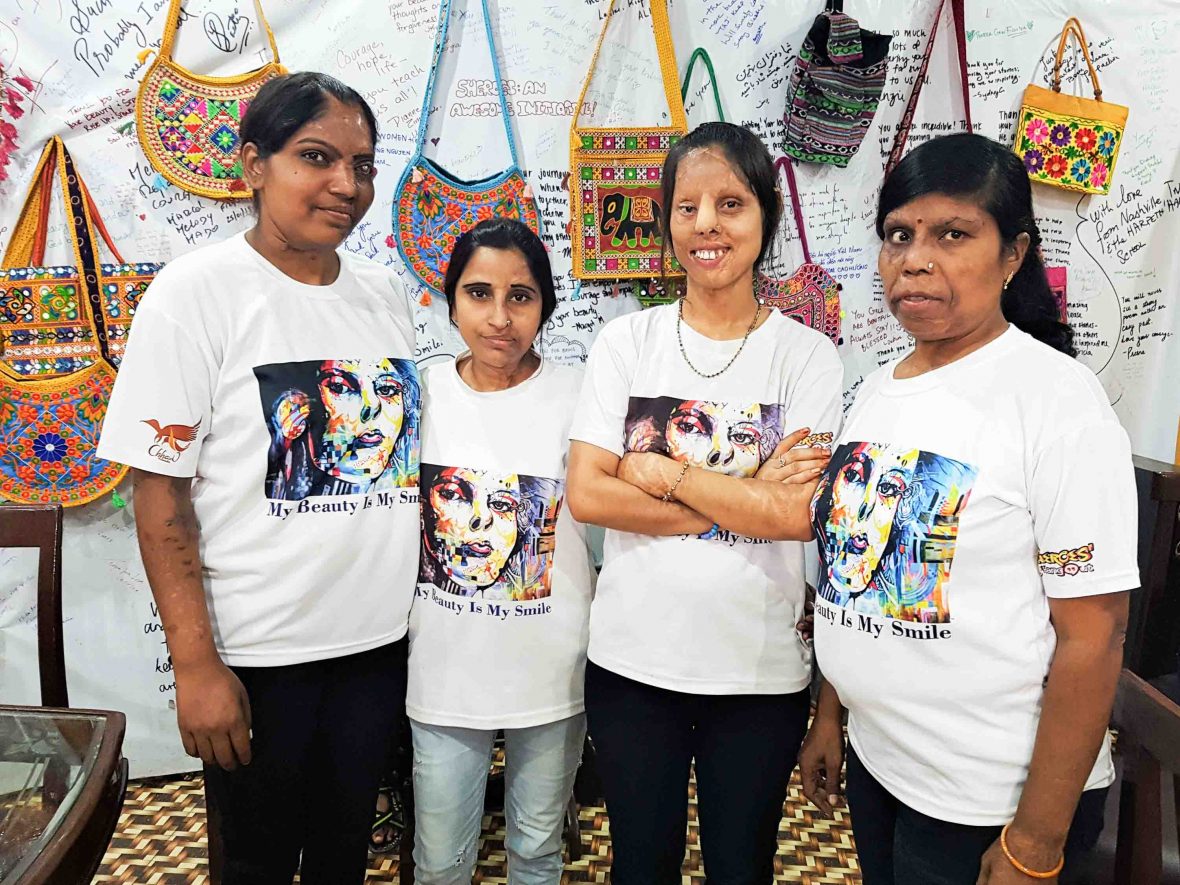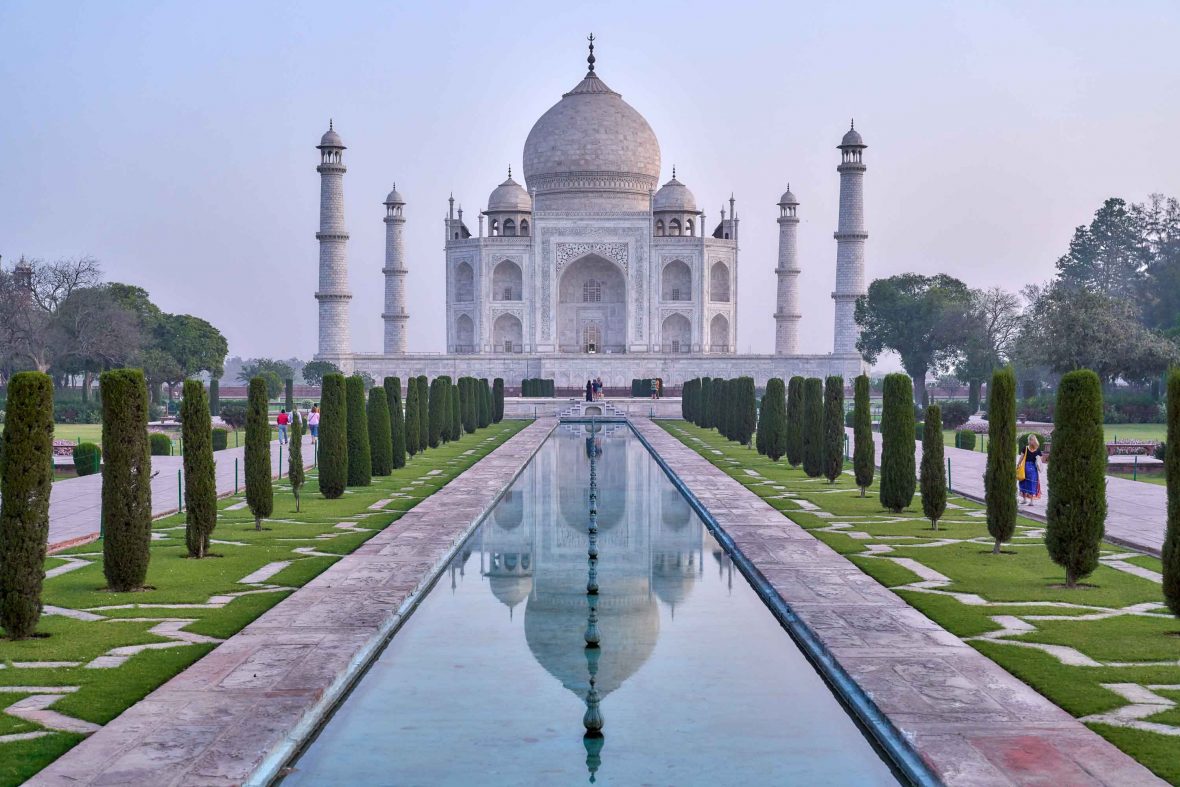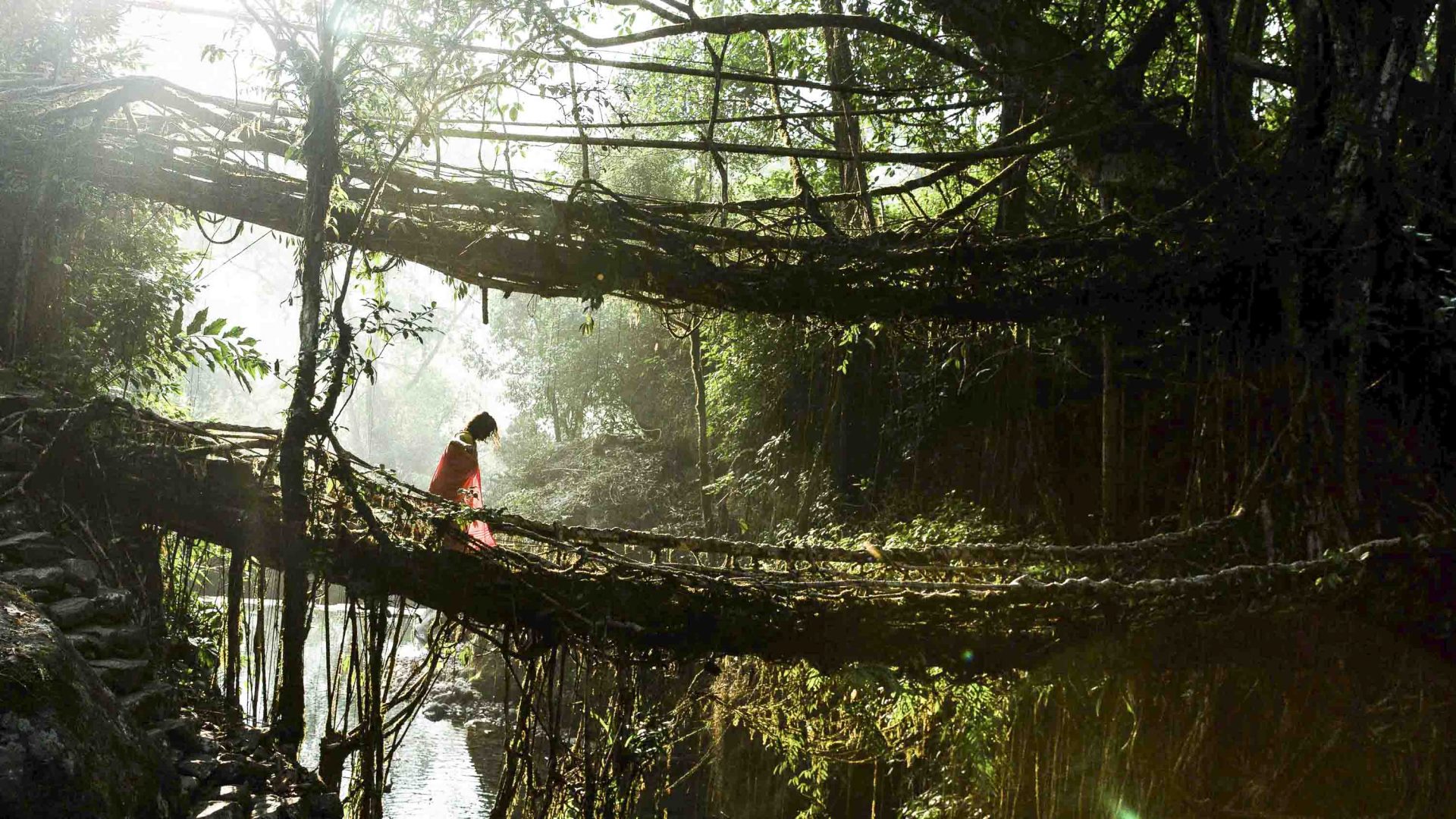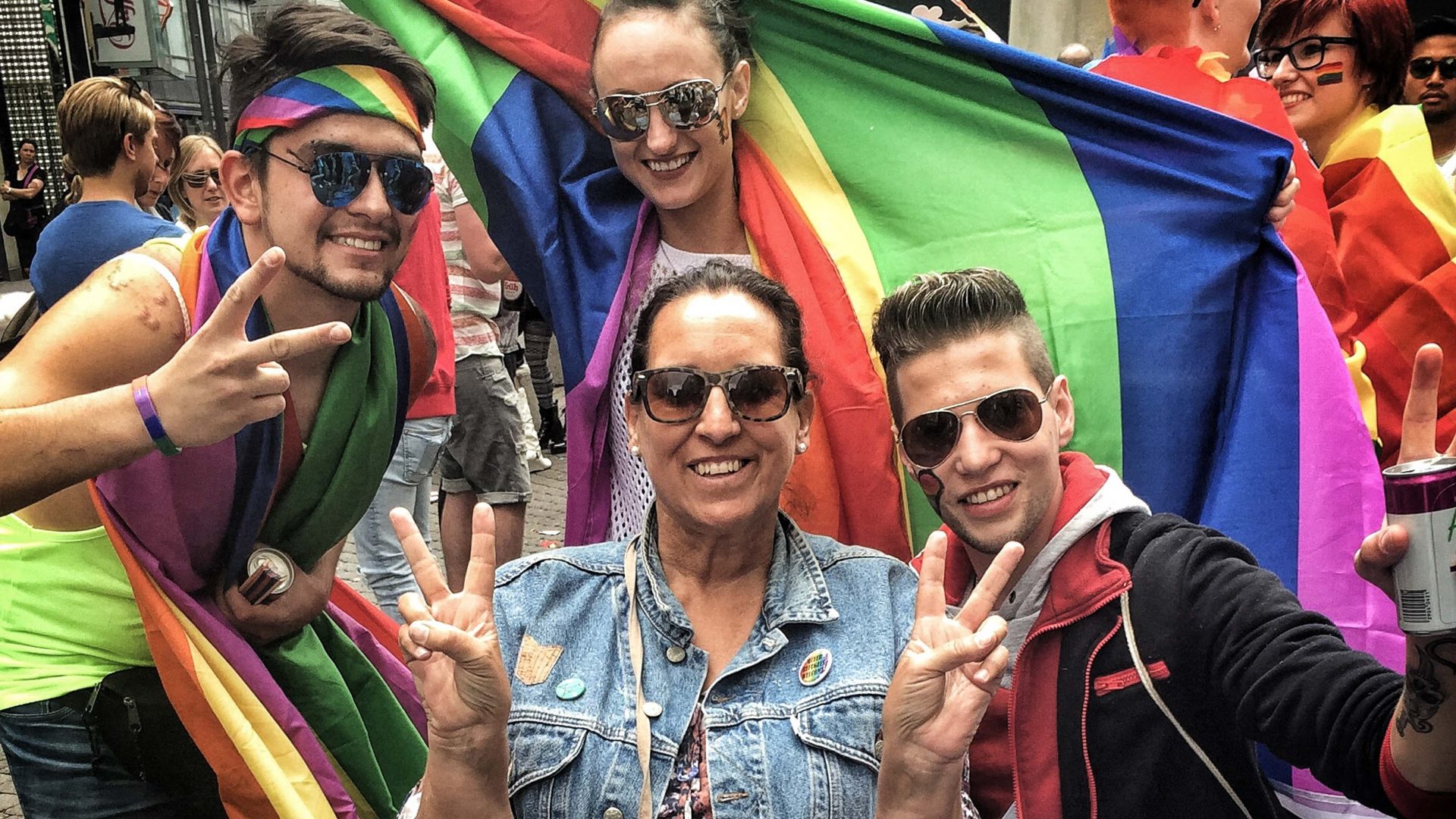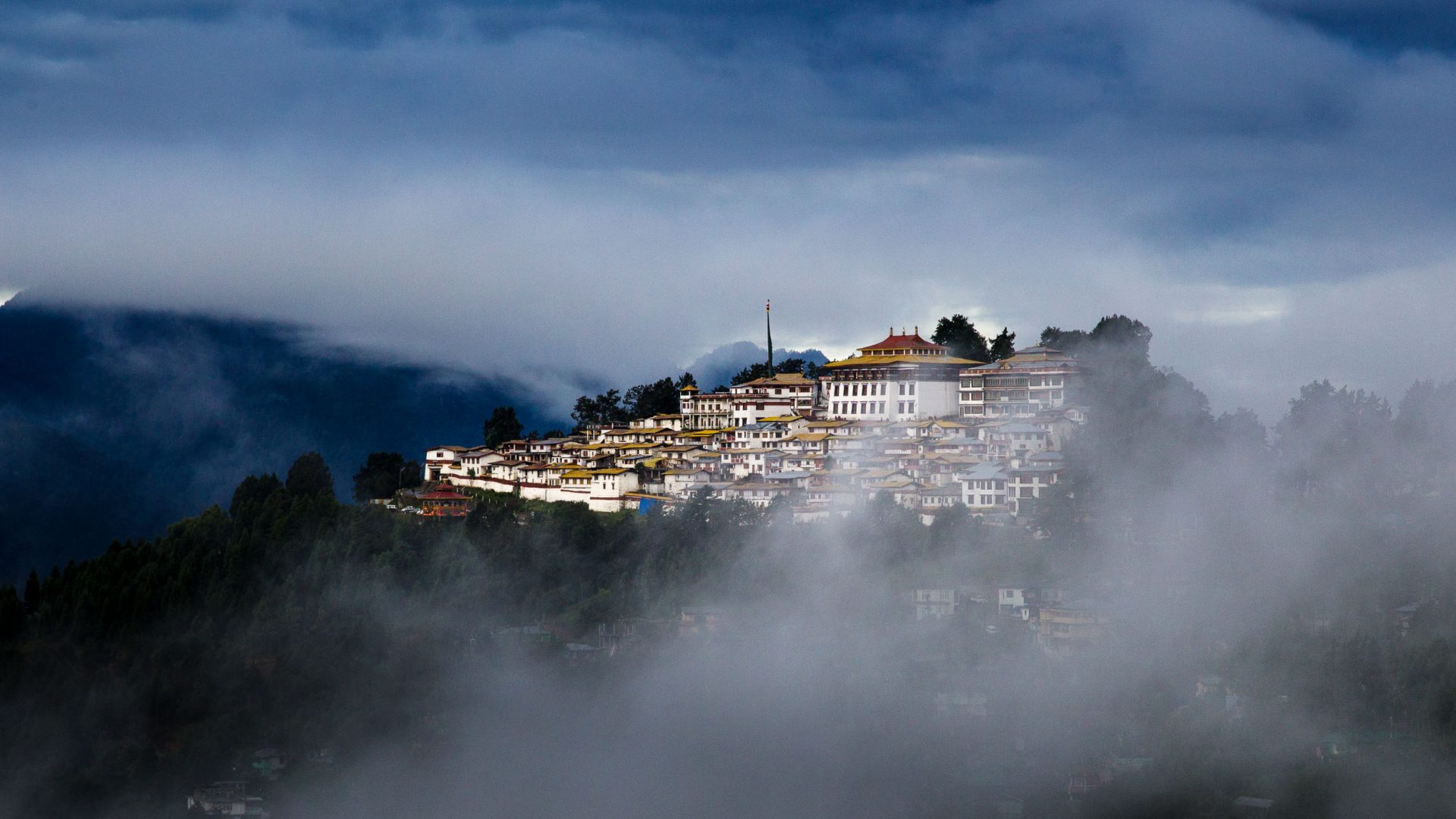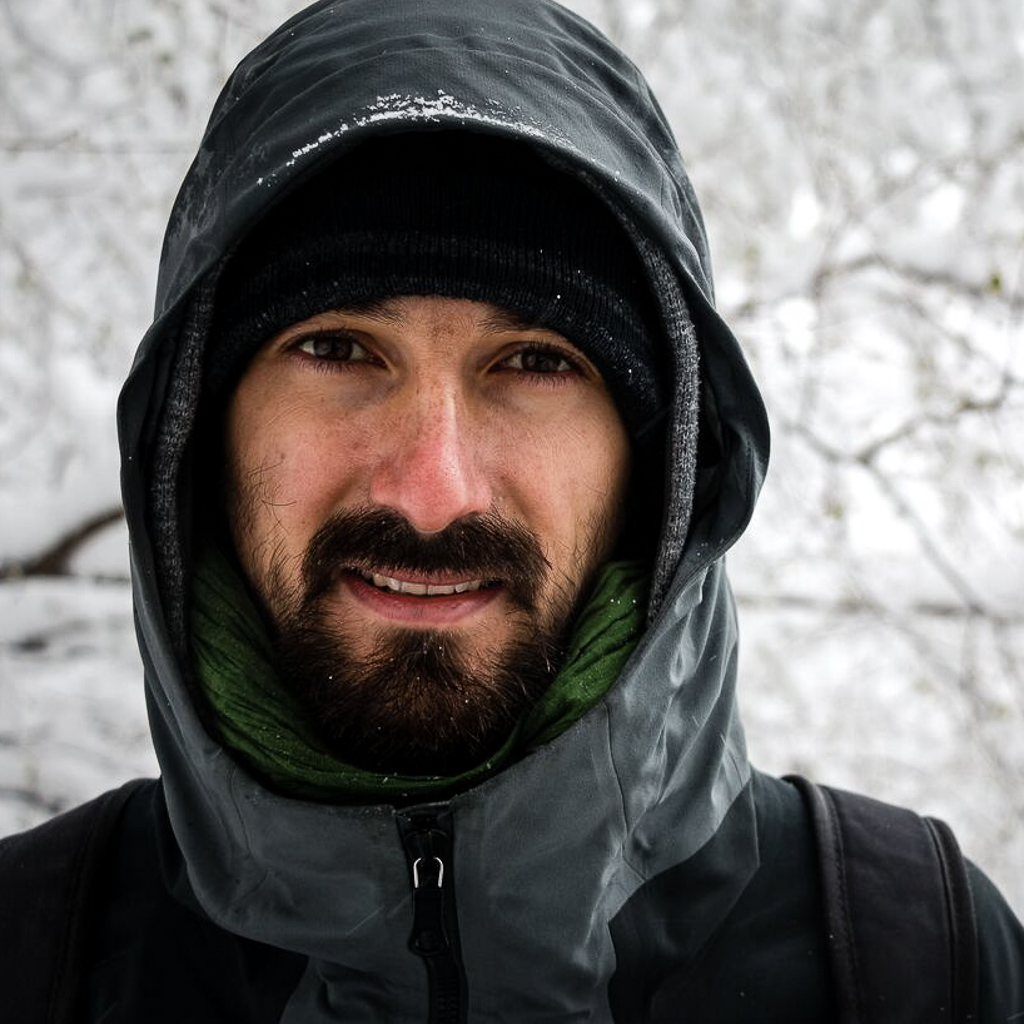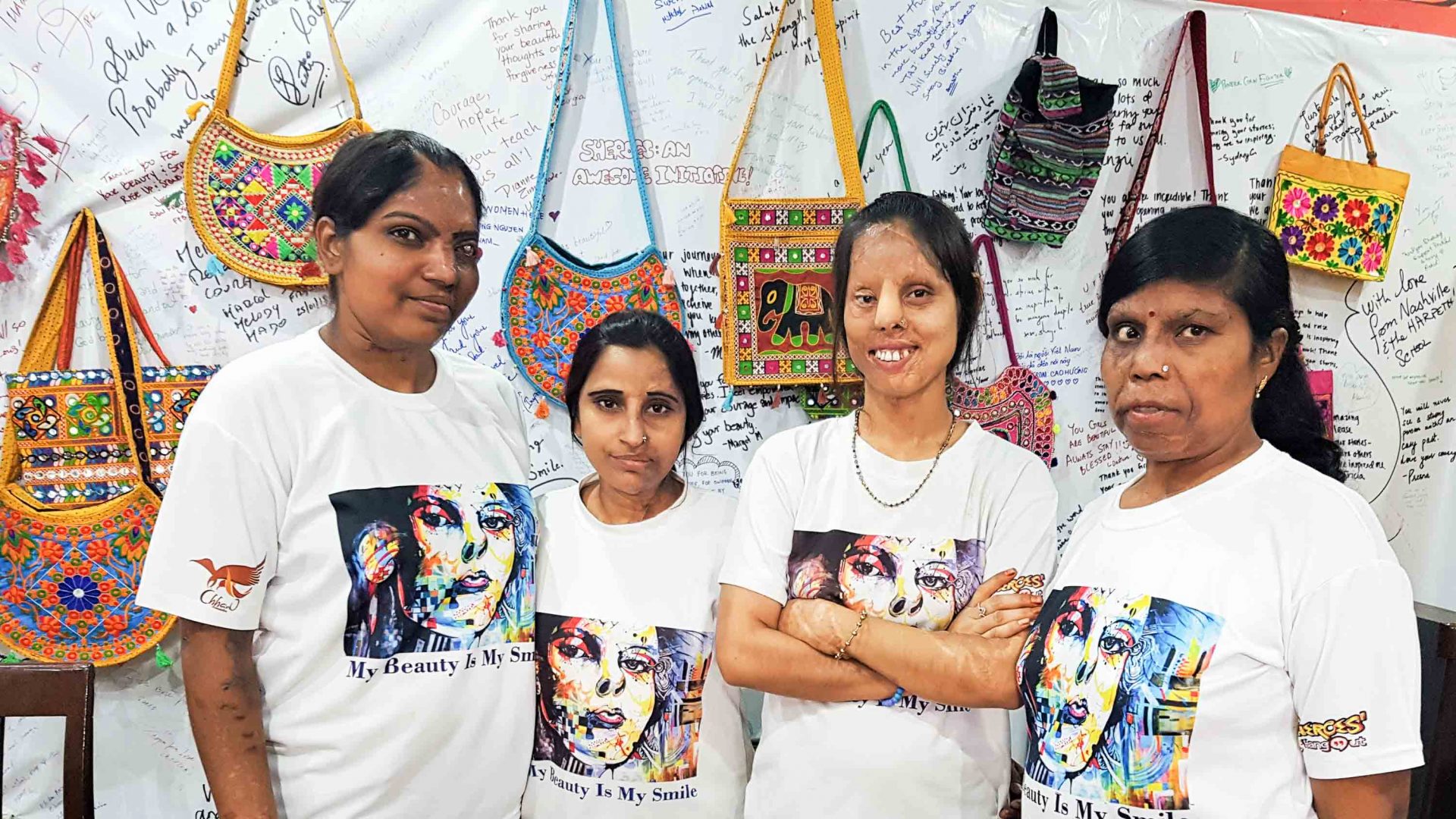
Away from the marble majesty of the Taj Mahal is an Agra café that’s doing more for love than any temple can: Giving acid attack survivors a new lease of life. Juliet Rix pays a visit.
Like every other tourist in Agra, I am here to see the Taj Mahal. Built by Mughal Emperor Shah Jahan to honor his beloved wife, it has stood since the mid-17th century as one of the world’s great pieces of architecture and its most admired monument to love.
It’s also India’s biggest tourist attraction, drawing up to 70,000 visitors a day. Most foreigners are day-trippers, gazing at the Taj, perhaps taking in Agra Fort, before moving on. I too am here just for the day, but my itinerary covers more than Mughal monuments.
Down a dusty shopping street of beeping horns and squeaking rickshaws, I find my lunch stop and discover a testament to a very different kind of love.
